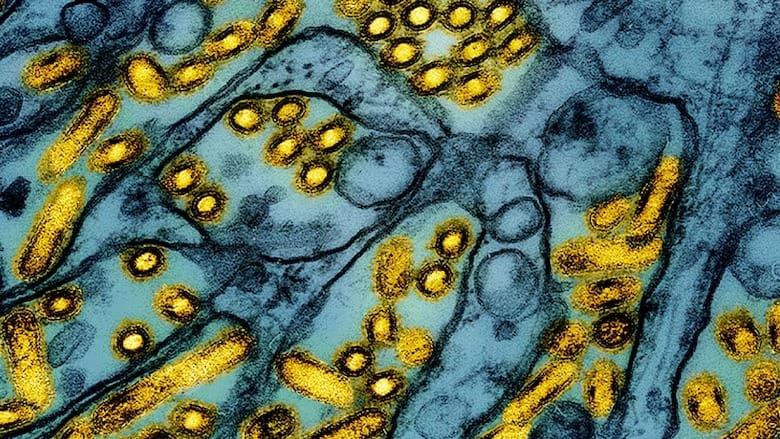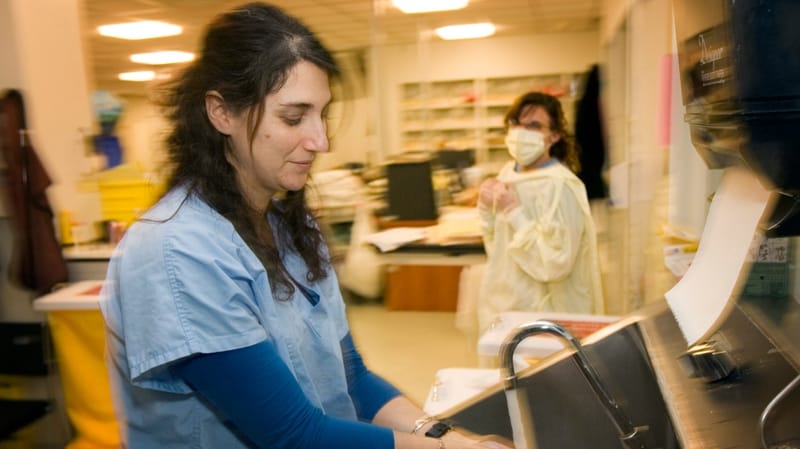CDC confirms first severe case of H5N1 bird flu in U.S.
Since April, total of 61 reported human cases of H5 bird flu reported in U.S.

A person in Louisiana has become the first individual in the U.S. to suffer from a severe case of bird flu, according to health officials on Wednesday.
The patient had been in contact with sick and deceased birds in backyard flocks, the U.S. Centers for Disease Control and Prevention (CDC) reported. However, the agency did not provide specific details about the person's symptoms.
Previous bird flu cases in the U.S. had been mild, with most occurring among farm workers exposed to infected poultry or dairy cows.
So far this year, over 60 bird flu infections have been reported, with more than half of them in California. In two cases—one involving an adult in Missouri and the other a child in California—officials have not yet determined how the individuals were infected.
The CDC confirmed the Louisiana case on Friday, but the announcement was made public on Wednesday. This marks the first U.S. human case linked to exposure to a backyard flock.
Initial viral genome data from the H5N1 avian influenza virus in this case suggests it is related to strains recently found in wild birds and poultry in the U.S., as well as in recent human cases in British Columbia and Washington state. This particular D1.1 genotype differs from the strain detected in U.S. dairy cows, some human cases, and poultry outbreaks.
Authorities in British Columbia stated that they would not provide further updates on the condition of a teenager who contracted bird flu unless required for public health purposes.
While bird flu remains primarily an animal health concern, U.S. health officials stress that the risk to the general public is still low, with no documented cases of person-to-person transmission. The CDC advises that the best way to prevent H5 bird flu is to avoid contact with infected birds, as they shed the virus through their saliva, mucus, and feces. Other infected animals may also shed the virus through respiratory secretions or bodily fluids, including unpasteurized cow milk.





